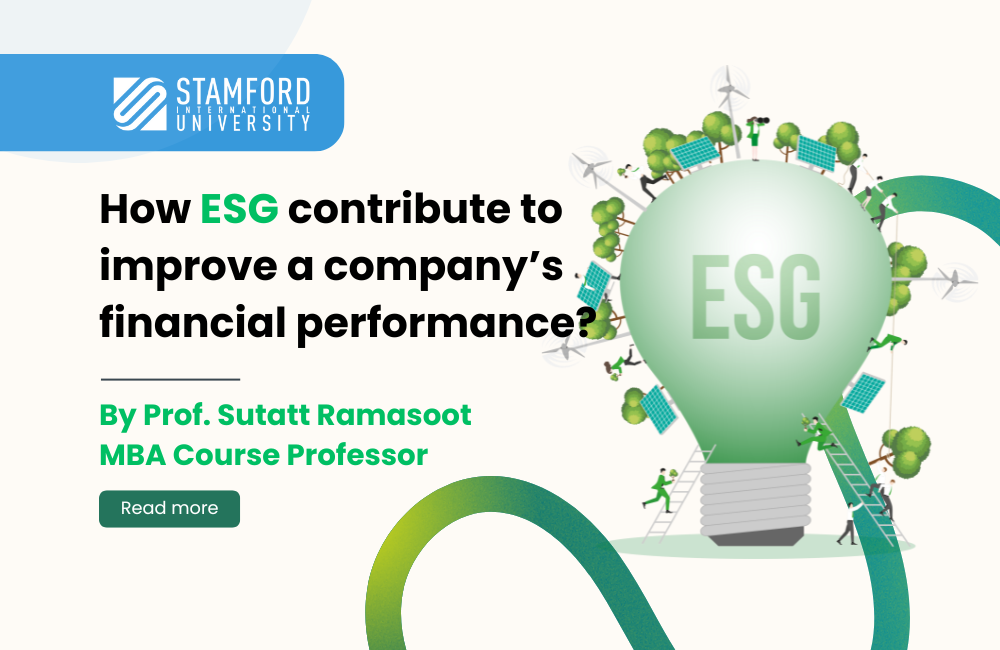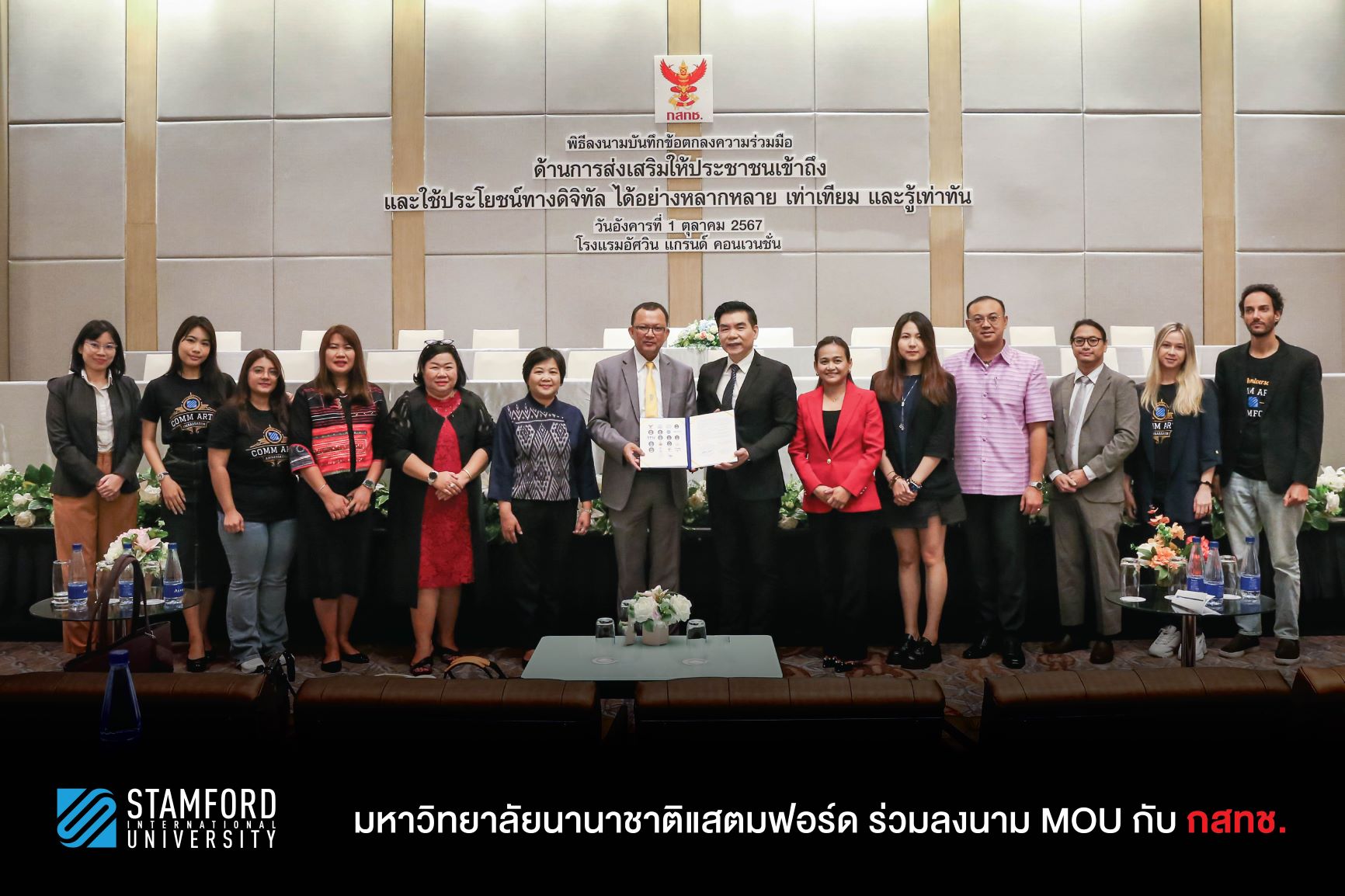Environmental, Social, and Governance (ESG) refers to a set of criteria used to evaluate a company’s operations and practices concerning sustainability and ethical impact. The concept has gained significant traction in recent years, particularly among investors who prioritize socially responsible investing.
Importance of ESG
The importance of ESG criteria has surged as investors increasingly recognize that sustainable practices can lead to better financial performance. Companies with robust ESG frameworks are often seen as less risky investments because they are more likely to avoid scandals and regulatory penalties that can adversely affect their valuation. For instance, high-profile cases like the Volkswagen emissions scandal illustrate how neglecting ESG factors can lead to significant financial losses for investors
ESG Investing
ESG investing involves selecting investments based on these criteria. Investors use ESG metrics to screen potential investments, aiming to align their portfolios with their values while also seeking long-term financial returns. This approach not only reflects ethical considerations but also acknowledges that companies with strong ESG practices are better positioned for future success due to their proactive risk management strategies.
Studies
Numerous studies have provided evidence that environmental, social, and governance (ESG) factors can contribute to financial value creation for firms. Here are some key findings and evidence supporting the idea that ESG practices can provide financial benefits:
Enhanced Financial Performance: Several studies have shown a positive correlation between strong ESG performance and financial performance. A meta-analysis conducted by Oxford University and Arabesque Partners found that 80% of reviewed studies demonstrated a positive relationship between ESG factors and financial performance.
Lower Cost of Capital: Companies with robust ESG practices have been found to enjoy lower costs of capital. Research by Harvard Business School indicates that firms with high ESG performance have lower borrowing costs and improved access to capital markets.
Improved Operational Efficiency: ESG initiatives often focus on resource efficiency, waste reduction, and improved operational practices. These efforts can lead to cost savings, increased productivity, and reduced risk exposure. For example, energy-efficient practices can lower energy costs, while effective supply chain management can enhance operational efficiency and resilience.
Enhanced Risk Management: Strong ESG practices enable companies to better identify, assess, and manage risks. Effective risk management can protect firms from financial losses associated with environmental and social risks, such as regulatory penalties, reputational damage, or litigation expenses.
Reputation and Brand Value: Companies that prioritize ESG factors can build a positive reputation, enhance brand value, and improve customer loyalty. Consumers increasingly prefer sustainable and socially responsible products and services. Studies have shown that strong ESG performance can positively influence consumer purchasing decisions and drive market share growth.
Attracting and Retaining Talent: Companies that demonstrate a commitment to ESG values and sustainability often attract and retain top talent. Employees, particularly younger generations, are increasingly seeking purpose-driven work environments and companies aligned with their values. A positive workplace culture, diversity and inclusion efforts, and responsible business practices contribute to attracting and retaining skilled employees.
Regulatory and Stakeholder Pressures: Increasingly, regulatory bodies, investors, and other stakeholders are pushing for greater ESG transparency and accountability. Companies that proactively address ESG issues are better positioned to comply with evolving regulations, meet investor expectations, and maintain positive relationships with stakeholders.
It’s important to note that the financial benefits of ESG practices may vary across industries, regions, and timeframes. Additionally, the specific ESG factors that drive financial value may differ for each company. However, the growing body of research suggests that integrating ESG considerations into business strategies can contribute positively to a firm’s financial performance and long-term sustainability.
Recent research highlights the positive impact of Environmental, Social, and Governance (ESG) practices on corporate performance. Here’s a summary of key findings from various studies:
- Overall Positive Correlation: A study involving 792 listed companies revealed a significant positive relationship between overall ESG scores and corporate financial performance, specifically measured by Return on Equity (ROE) and Return on Assets (ROA). This indicates that companies with strong ESG systems tend to achieve better financial outcomes, particularly in industries with substantial environmental impacts
- Enhanced Company Value: Research conducted on non-financial sector public companies in Indonesia found that higher ESG performance correlates positively with both firm value (measured by Tobin’s Q) and firm performance (ROA). Companies focusing on ESG aspects gain legitimacy, fostering trust and support from stakeholders, which ultimately contributes to improved performance
- Maximizing Financial Performance: Another study emphasized that collective ESG performance maximizes financial outcomes. It highlighted that while governance performance specifically influences ROA, a comprehensive approach to ESG can enhance stakeholder value, which is crucial for achieving financial goals
- Direct and Indirect Effects on Profitability: Research indicated that while ESG performance has a direct influence on profitability, it also affects sustainable growth indirectly through profitability. This suggests that companies prioritizing ESG initiatives can expect not just immediate financial benefits but also long-term growth potential
- Lower Capital Costs and Enhanced Reputation: Companies with robust ESG strategies often experience lower capital costs and improved stakeholder relations, contributing to their overall financial health. This underscores the importance of effective ESG reporting as a means to signal good management and long-term value creation to investors
- Sector-Specific Insights: In sectors with significant environmental and social responsibilities, effective governance practices were found to be particularly influential in enhancing corporate performance. This highlights the need for companies in such industries to refine their governance frameworks to navigate challenges effectively
ESG in Thailand
Though there is yet the study on how ESG contribute to the Thai company’s financial performance, here are some examples of Thai companies that are known for their active involvement in ESG (environmental, social, and governance) practices:
PTT Public Company Limited: PTT is Thailand’s largest energy company, actively engaged in sustainable development initiatives. It focuses on reducing environmental impact, promoting energy efficiency, and investing in renewable energy projects.
Bangkok Bank Public Company Limited: Bangkok Bank has committed to sustainability and ESG integration in its operations. The bank promotes responsible lending practices, supports social and community development programs, and emphasizes good governance.
SCG (Siam Cement Group): SCG is a leading conglomerate in Thailand with businesses in cement, chemicals, and packaging. The company is dedicated to sustainable development, including resource efficiency, waste management, and community engagement.
Thai Union Group Public Company Limited: Thai Union is one of the world’s largest seafood companies and has made significant efforts in sustainability and responsible fishing practices. It actively promotes the protection of marine resources and works to ensure the welfare of workers in the industry.
Advanced Info Service Public Company Limited (AIS): AIS, one of Thailand’s leading telecommunication companies, is committed to sustainable practices and digital inclusion. The company focuses on reducing its carbon footprint, promoting digital literacy, and providing access to technology for underserved communities.
IRPC Public Company Limited: IRPC, a petrochemical and petroleum refining company, places a strong emphasis on sustainable operations and social responsibility. The company focuses on energy efficiency, greenhouse gas reduction, waste management, and community development.
Indorama Ventures Public Company Limited: Indorama Ventures is a global chemical company headquartered in Thailand. It has a strong commitment to sustainability, focusing on recycling, resource efficiency, and responsible manufacturing practices.
Kasikornbank Public Company Limited: Kasikornbank, also known as KBank, is one of the leading banks in Thailand. It has been actively involved in promoting sustainable finance, supporting green initiatives, and driving financial inclusion.
PTT Exploration and Production Public Company Limited (PTTEP): PTTEP is a petroleum exploration and production company. It has been recognized for its responsible practices in oil and gas operations, environmental management, and community development.
Airports of Thailand Public Company Limited (AOT): AOT manages several major airports in Thailand. The company has implemented various environmental and social initiatives, including energy conservation, waste management, and community engagement.
Charoen Pokphand Group (CP Group), a Thai conglomerate, has made efforts to incorporate ESG practices into its operations. While specific information on CP Group’s ESG initiatives may vary, here are some examples of its sustainability-related activities:
Environmental Sustainability: CP Group has demonstrated a commitment to environmental sustainability. It has invested in renewable energy projects, including solar and wind power, to reduce its carbon footprint. Additionally, the group has implemented various initiatives to promote sustainable agriculture and responsible farming practices.
Social Responsibility: CP Group has been involved in several community development initiatives and philanthropic activities. It has supported programs related to education, healthcare, disaster relief, and poverty alleviation in Thailand and other countries where it operates.
Animal Welfare: CP Group, through its subsidiary CP Foods, has implemented animal welfare policies and initiatives. It has focused on improving livestock farming practices, including promoting cage-free egg production and implementing responsible aquaculture practices.
Supply Chain Responsibility: The group has emphasized responsible supply chain management. CP Foods, as a major player in the food industry, has worked towards traceability, responsible sourcing of raw materials, and engaging with suppliers to promote ethical practices.
Finding the benefits of ESG to financial performance
Quantifying the benefits of ESG to a company can be challenging due to the multidimensional nature of ESG factors and the diverse impacts they can have. However, here are some approaches that can help in quantifying the ESG benefits:
Financial Performance Metrics: One way to assess the financial benefits of ESG is to analyze the impact on traditional financial performance metrics. This includes evaluating indicators such as revenue growth, cost savings, profitability, return on investment (ROI), and market valuation. By comparing the financial performance of companies with strong ESG practices against those without, it is possible to identify potential correlations and quantify the financial impact.
Cost Savings and Efficiency Gains: ESG initiatives often lead to cost savings and improved operational efficiency. For example, energy-efficient practices can reduce energy consumption costs, waste reduction initiatives can lower waste management expenses, and supply chain optimization can lead to cost savings. By quantifying the cost reductions and efficiency gains resulting from ESG practices, companies can estimate their financial benefits.
Risk Management and Risk Reduction: ESG practices can contribute to improved risk management, reducing the financial impact of potential risks and disruptions. By evaluating the costs associated with risk mitigation and quantifying the potential financial losses averted through ESG practices, companies can estimate the value of risk reduction.
Customer Loyalty and Market Share: ESG considerations can positively impact customer loyalty, brand reputation, and market share. Quantifying the financial benefits in these areas can involve analyzing customer satisfaction metrics, market research data, and customer behavior patterns. Market research techniques like conjoint analysis or stated preference surveys can help estimate the value customers place on sustainability factors.
Employee Productivity and Talent Acquisition: ESG practices can contribute to improved employee productivity, reduced turnover rates, and enhanced talent attraction. Companies can measure employee satisfaction, retention rates, and productivity metrics to assess the financial benefits of ESG in terms of reduced recruitment costs, higher productivity levels, and talent retention.
Access to Capital and Cost of Capital: Companies with strong ESG performance may experience improved access to capital markets and reduced borrowing costs. Quantifying the financial benefits can involve comparing the cost of capital between companies with different ESG performance levels or estimating the impact of ESG factors on financing terms and interest rates.
Valuation Models and ESG Integration: Some financial models, such as discounted cash flow (DCF) models or valuation frameworks like the Environmental, Social, and Governance (ESG) Risk Atlas, integrate ESG factors into the valuation process. By explicitly incorporating ESG-related variables, it is possible to assess the impact of ESG on the company’s intrinsic value.
It’s important to note that quantifying ESG benefits can be complex and context-specific, and the approaches mentioned above may have limitations. It’s recommended to seek the expertise of ESG specialists, financial analysts, or consultants who can provide tailored methodologies and frameworks based on the specific circumstances and objectives of the company.
In conclusion, the integration of ESG practices not only aligns companies with ethical standards but also serves as a strategic tool for enhancing financial performance, attracting investment, and ensuring long-term sustainability.











